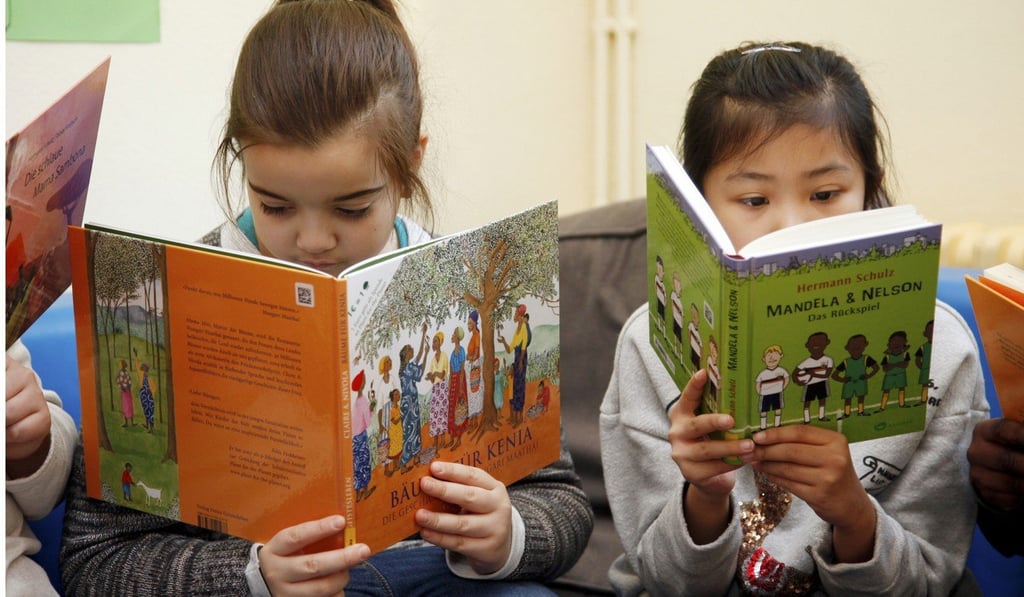How Hongkongers benefit from speaking many languages – and we dispel a few of the myths
Hongkongers speak a variety of languages and many people speak more than one. We ask the experts whether being multilingual has any positive or negative effects, and if there is an ideal age to learn a new language

Many people conduct life in more than just their mother tongue, even if they do not make a conscious effort to immerse themselves in two different languages.
“Many families are from multiple cultures and live in one that is not their own, potentially exposing children to different languages at the same time and from a very young age,” says Scarlett Mattoli, a psychologist at Hong Kong mental health consultancy Psynamo.
Microsoft studying multilingual speakers so virtual assistants can understand us better
“Studies have show that our brains have the ability from birth to differentiate between languages, but preferences for usage will be set according to what is heard in the environment from very early on, and this preference tends to be stable,” she says.
It’s a pertinent issue in Hong Kong, where there is pressure on both children and adults – local and expat – to speak more than one language. Native Cantonese speakers attended schools where the medium of instruction was English before the 1997 handover from Britain to China, and now Mandarin is emphasised. Expatriate children in international schools are also increasingly taking Mandarin classes.

Speaking more than one language is seen as a good thing – and not just so that we can order two beers and a pizza in Italian, Chinese or French. Many parents encourage their children to learn a second language at school, possibly even a third, but – beyond that acquiring a foreign language forms a mandatory part of most school curricula – do we know why we are doing it or whether it has any long-term value?